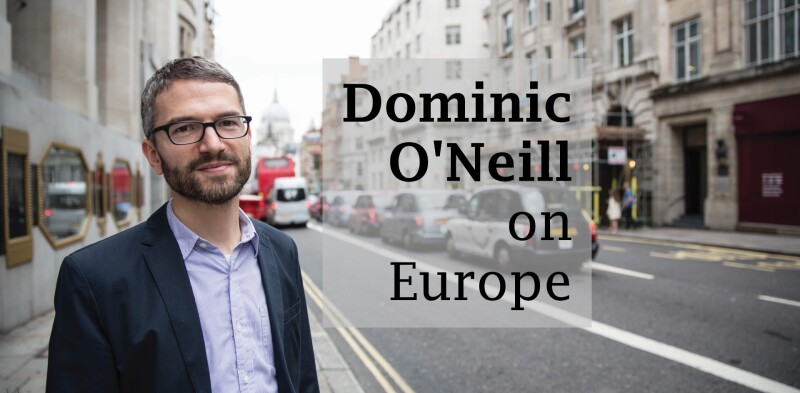
Just when you thought it was finally dead, Banca Monte dei Paschi di Siena comes back to life. The story of this bank over the last decade has much in common with a bad horror movie. With UniCredit announcing its withdrawal from negotiations over the acquisition of the 500-year-old institution, there are clearly still more stomach-churning shocks to come.
The closest there is to an official reason as to why talks fell through is that Italy's finance ministry couldn’t fulfil UniCredit’s pre-conditions for a transaction.
The two were €3 billion or more apart on how much the state would have to contribute to get the deal over the line. It seems the government, which took 70% of MPS in a 2017 bailout, wasn’t willing to go much further than the €2.5 billion MPS had already planned to raise next year in the absence of a merger.
Back in July, UniCredit chief executive Andrea Orcel had an air of triumph when he announced he had agreed pre-conditions with the government. The deal would exclude credit and legal risks, as well as southern Italian branches and the functions that UniCredit didn’t want, such as leasing and factoring, the core IT system, and MPS’s historic headquarters.
The
